
Post by : Vansh
The clock is ticking, and nature is sending urgent signals that humanity cannot afford to ignore. From rising sea levels to vanishing biodiversity, the environmental challenges of the 21st century are mounting rapidly. But amidst the alarming headlines lies a powerful message of hope: through environmental sustainability, we can turn back the clock and begin to heal the Earth. This concept isn’t just about conservation—it’s a dynamic shift in how we live, produce, and consume, ensuring that nature’s balance is restored before it’s too late.
At its core, environmental sustainability is about meeting the needs of the present without compromising the ability of future generations to meet theirs. It involves protecting natural resources, reducing pollution, and ensuring ecosystems are preserved and regenerated. Unlike temporary solutions, sustainability is long-term and systemic. It goes beyond recycling and planting trees—it's about rethinking agriculture, transforming industries, and reengineering cities to work with, not against, nature.
For example, sustainable farming methods like crop rotation and organic practices not only produce healthier food but also rejuvenate the soil. Likewise, green infrastructure such as solar energy and eco-friendly construction significantly reduce our carbon footprint. Each small action, when multiplied globally, contributes to an overarching strategy that restores what was lost.
What if we could rewind the environmental clock? Surprisingly, in many ways, we can. Ecological restoration projects around the world are proving that degraded landscapes can be brought back to life. Rewilding efforts, where native species are reintroduced into habitats, help rebuild ecosystems that once seemed lost forever. Forests, when allowed to regrow or be replanted strategically, can absorb vast amounts of carbon dioxide, a major greenhouse gas.
The climate change battle is often framed as a losing war, but sustainable practices offer an alternative narrative—one filled with recovery and resilience. Wetlands, once drained for development, are now being revived to act as natural flood defenses and biodiversity hotspots. Coral reef restoration projects are using innovative techniques to grow resilient corals that withstand warming oceans.
In this sense, environmental sustainability does more than protect—it repairs. It's not a passive approach but a proactive force that, given enough commitment, can reverse decades of damage.
While systemic change is essential, individual choices remain incredibly powerful. Every consumer decision, from choosing sustainable products to reducing waste, sends a signal to the market. Choosing to support companies with transparent, eco-friendly practices can push entire industries toward more ethical models.
On a collective level, community-driven initiatives like urban gardening, beach cleanups, and zero-waste campaigns are creating micro-level revolutions that ripple into larger movements. Governments and corporations are taking note as citizens demand accountability and action on environmental issues. Public pressure has led to real policy changes, such as plastic bans, investment in renewable energy, and stricter environmental regulations.
The shift toward renewable energy, for instance, has been fueled not only by necessity but also by popular demand and investment. Wind, solar, and hydro power sources are now cheaper and more accessible than ever before, offering a sustainable alternative to fossil fuels.
The information provided in this article is for general awareness and educational purposes only. While every effort has been made to ensure accuracy, readers are advised to consult relevant environmental experts or authorities for specific guidance. The views expressed do not necessarily reflect the official stance of any organization or government. Published by MiddleEastBulletin news network.
#trending #latest #NaturesDeadline #EnvironmentalSustainability #TurnBackTimeForNature #GreenFuture #EcoAwareness #ClimateActionNow #RestoreOurPlanet #SustainableLiving #ActForNature #PlanetInPeril #MiddleEastBulletin #MiddleEastNews #BreakingNews #LiveUpdates #BulletinLive #BusinessNews #WorldHeadlines #SocialUpdates #TechNews #HealthUpdates #EducationNews #ClimateWatch #SportsBuzz #TravelMiddleEast #VoiceOfTheMiddleEast #TrendingNow
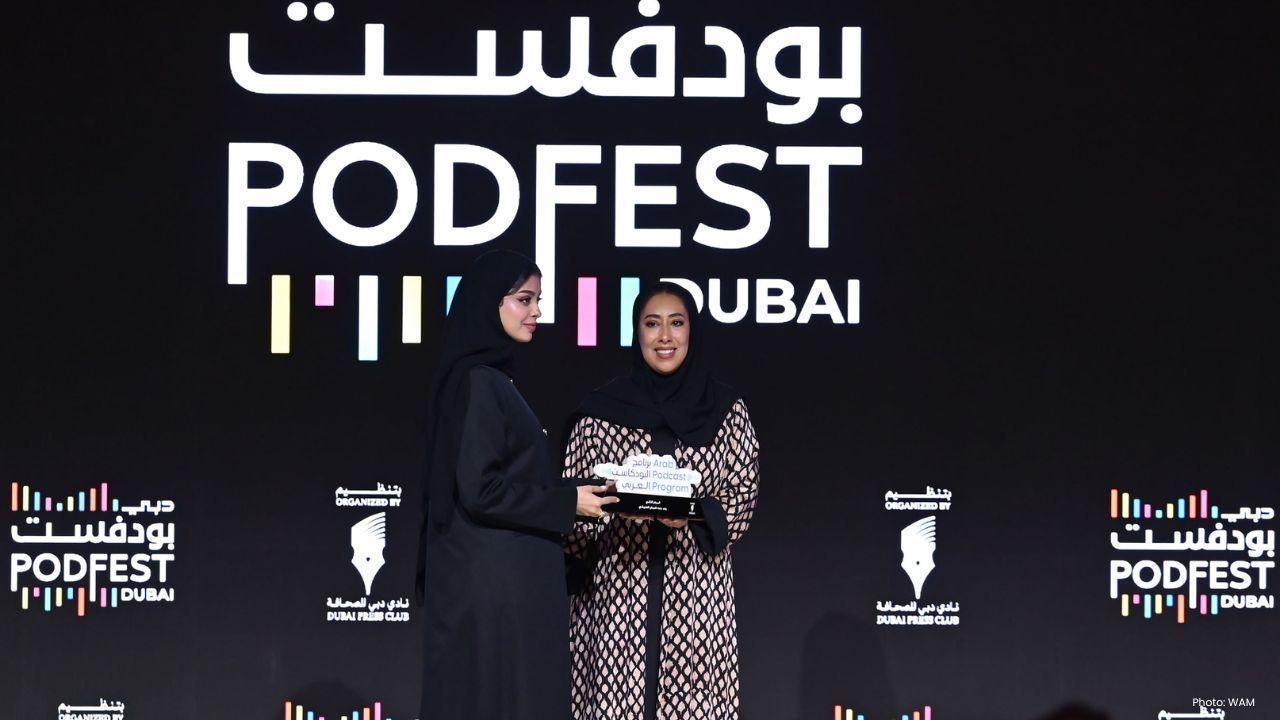

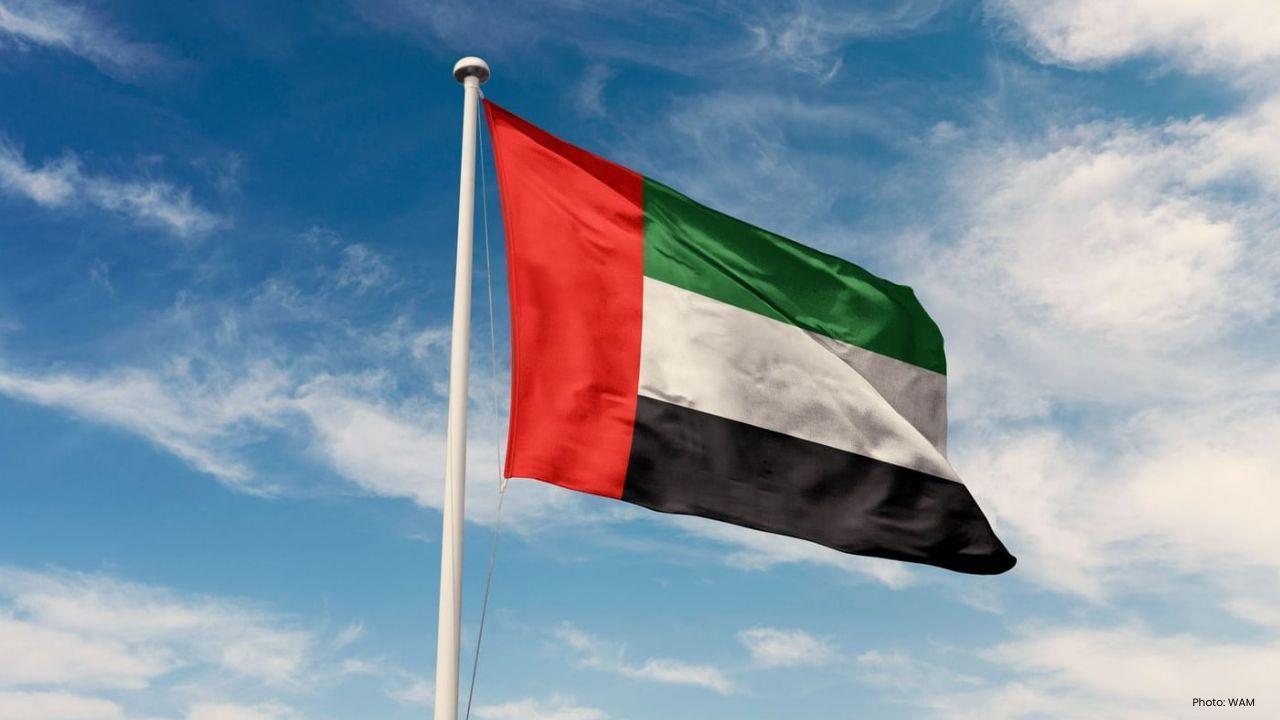
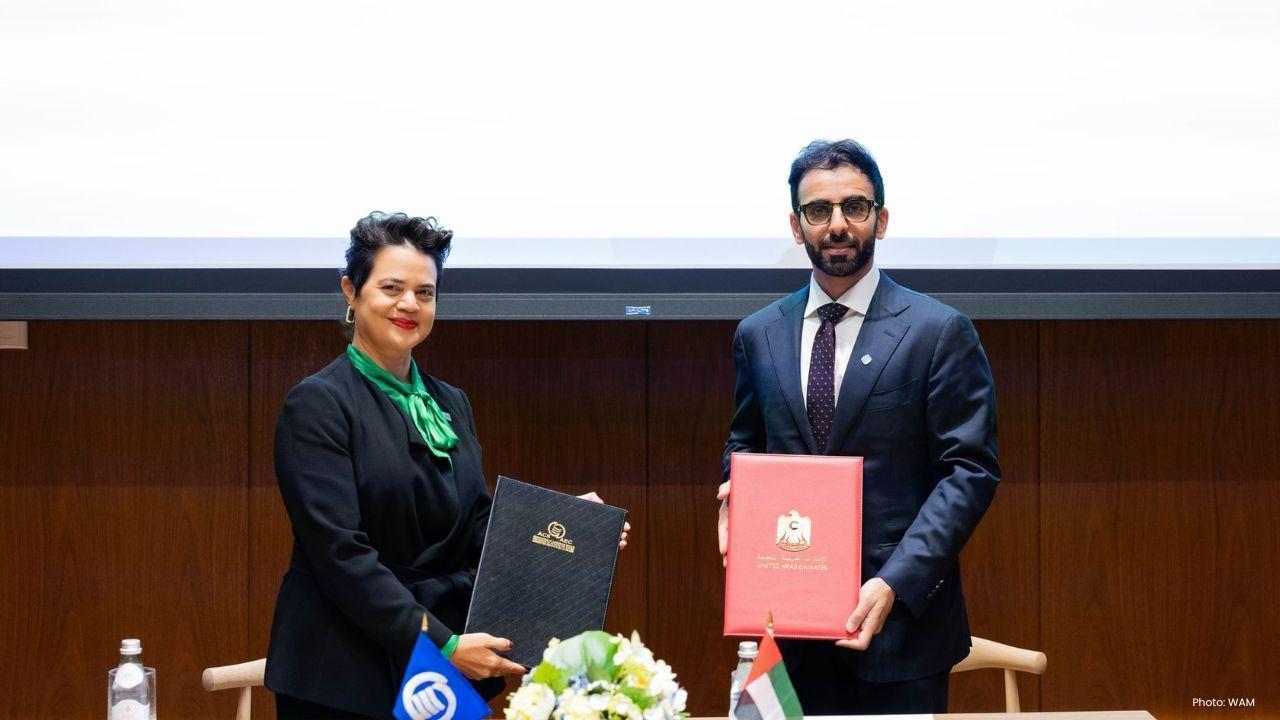
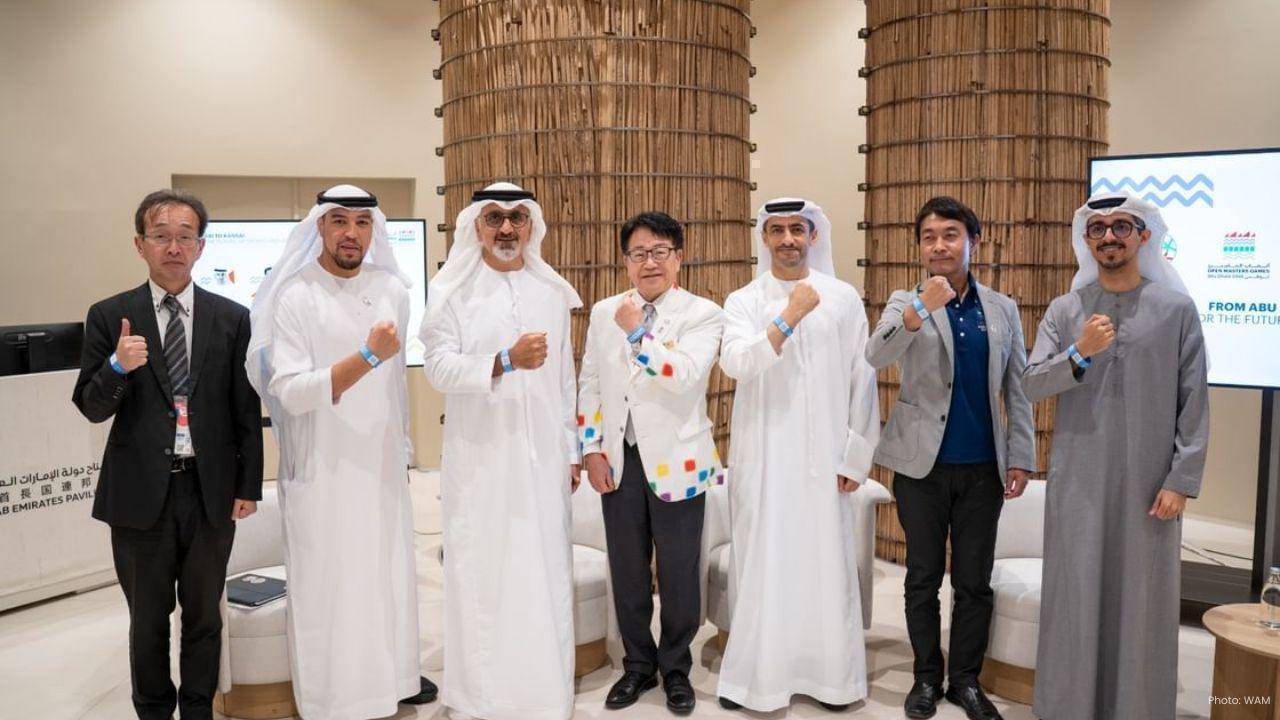

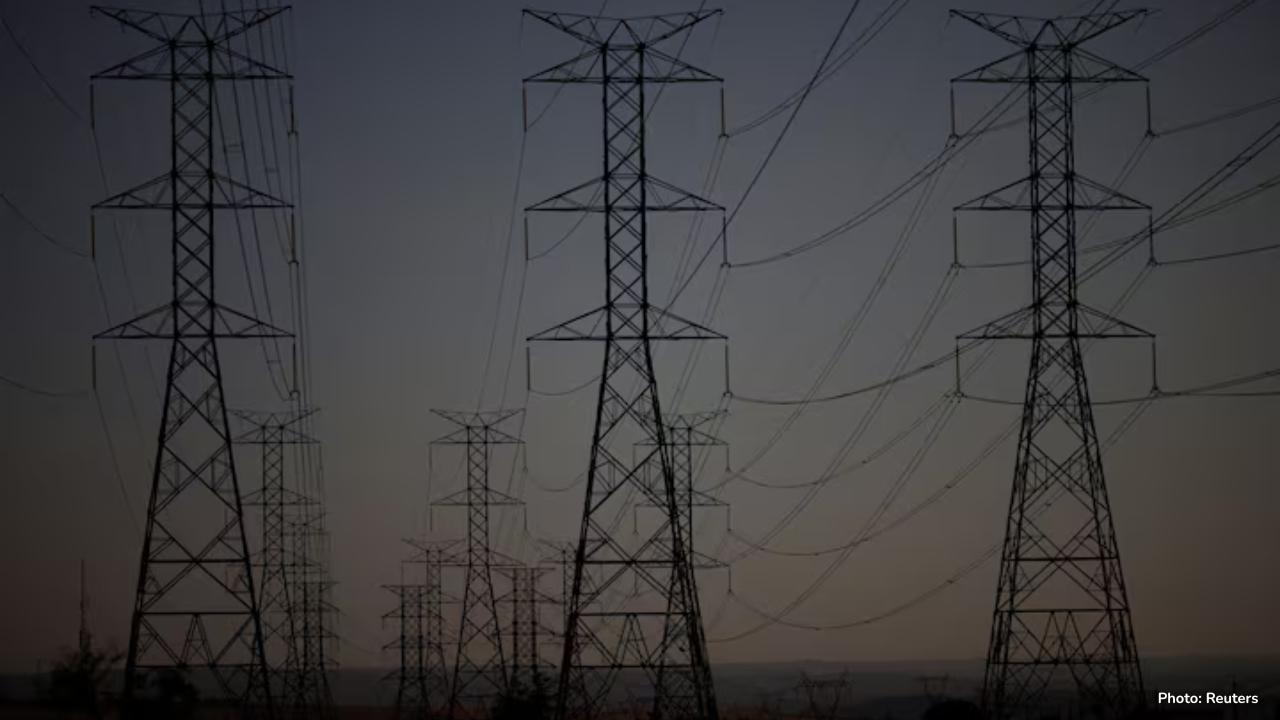

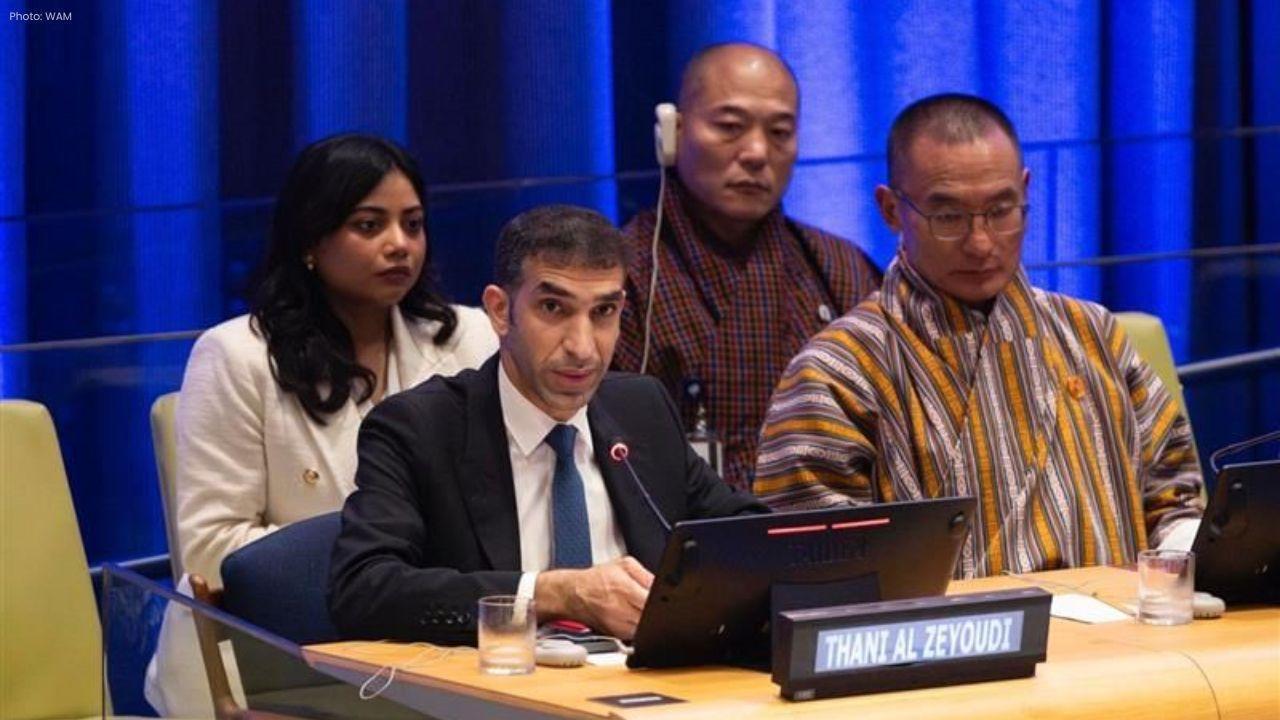

OpenAI's Revenue Soars to $4.3 Billion in First Half of 2025
OpenAI's revenue reaches $4.3 billion in the first half of 2025, marking a 16% increase from the pre

UAE Leaders Send Condolences to Saudi King Over Princess Abta's Death
UAE rulers and crown princes sent heartfelt messages to King Salman, mourning the passing of Princes

Brazil's Surplus Clean Energy Attracts Crypto Miners
Brazil's excess renewable energy is luring cryptocurrency miners. Companies like Tether and Renova E

Visa Tests Stablecoins to Make Global Payments Faster
Visa is testing stablecoins for international payments, aiming to speed up transactions and reduce t

Opera Unveils Neon AI Browser for Smarter Web Browsing
Opera introduces Neon, an AI-powered browser that automates tasks and enhances privacy, aiming to re

Albanese Visits Sheikh Zayed Grand Mosque in Abu Dhabi
Australian PM Albanese tours Sheikh Zayed Grand Mosque, highlighting peace, tolerance, and cultural